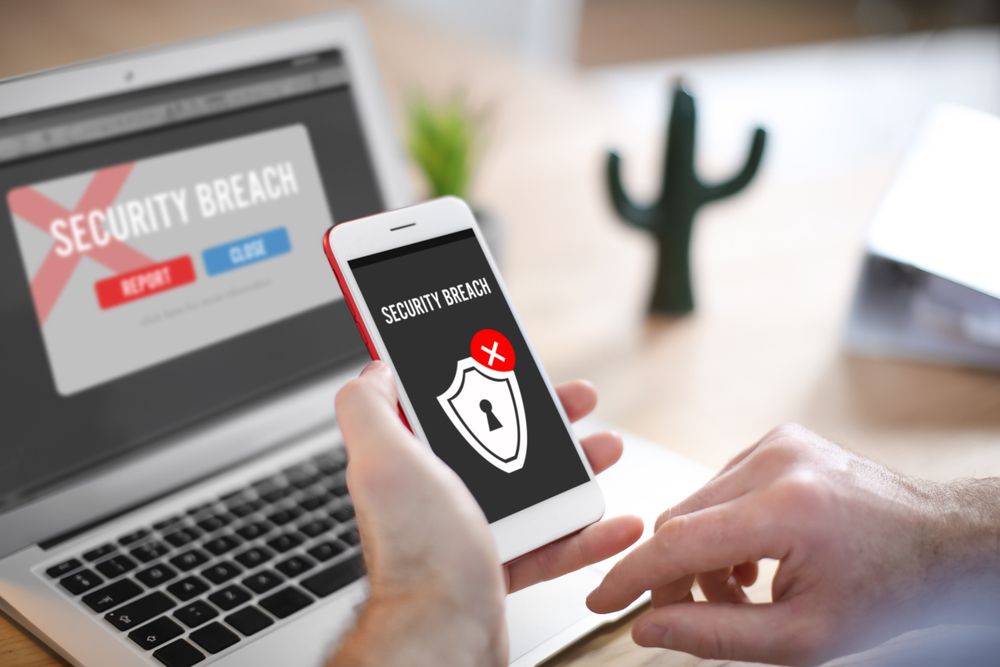A cyber attack is an attack conducted by cybercriminals against single or more computers or networks using one or more computers. A cyber assault can be used to maliciously disable computers, steal data, or use a compromised device as a launchpad for additional attacks.
Today we are having a closer look at some of the common terms related to social engineering cyberattacks and how we can avoid them;
- Phishing
- Whaling
- Smishing
- Vishing
What is Phishing?
Phishing is a form of cyberattack that makes use of disguised email. The aim is to convince the email receiver that the letter contains anything they want or need — a request from their bank, for example, or a note from a coworker. In order to convince them to tap a link or download an attachment.
How to avoid phishing?
To protect against phishing threats, anti-spyware and firewall configurations should be used. And users should keep their programs updated on a regular basis. By blocking threats, firewall defence blocks access to malicious data. Antivirus software scans any file that arrives on your device through the Internet. Hiring an IT Support company is recommended for your business to keep your data protected and avoid phishing.

Whaling
A whaling attack is a type of spear-phishing attack targeted at senior executives in which attackers pose as legitimate, well-known, and trustworthy institutions. Also, they convince the recipient to exchange highly confidential information or wire funds to a fake account.
Smishing
Smishing makes use of our instant messaging service, also known as short message service, or SMS. Also, many people are more likely to trust a message that arrives in their phone’s messenger app than an email message.
Also, many people find it impossible to believe that the hacker has their phone number. The reality is that it is much easier to obtain someone’s phone number. When compared with obtaining one’s email address.

Vishing
Voice phishing, or vishing, is the practice of conducting phishing attacks through telephony (often Voice over IP telephony). Also, known commonly as scam calls. Historically, landline telecommunications lines have been regarded as trustworthy; they were terminated at established physical locations and were connected with a billpayer.
However, vishing fraudsters now often evade detection by law enforcement authorities by using new Voice over IP (VoIP) features such as caller ID spoofing and automatic systems (IVR). Also, voice phishing is used to steal credit card numbers or other information from people for use in identity theft schemes.


